6 Important Things To Know About Brake Repair
Brake repair may not be the most glamorous aspect of vehicle maintenance, but it is undoubtedly one of the most critical. A car’s braking system is essential for ensuring the safety of both drivers and passengers. Regularly servicing and repairing brakes not only keeps your vehicle running smoothly but also extends its lifespan. Neglecting this system can lead to performance issues, costly repairs, or even dangerous accidents.
In this guide, we explore six essential things every driver should know about brake repair. From recognizing signs of trouble to understanding the different services available, this information will help you maintain confidence on the road.
1. Recognizing the Signs That Your Brakes Need Repair
One of the most important steps in maintaining your braking system is learning how to recognize when something is wrong. Brake systems are designed to give off clear warning signs when they begin to fail. If you notice any unusual sounds, changes in how your car stops, or an abnormal pedal feel, it could indicate that brake repair is necessary.
Squeaking or squealing noises when you apply the brakes often point to worn brake pads. If ignored, the sound may turn into a grinding noise, which means the pads have completely worn down and are damaging the rotors. Another common indicator is a vibrating brake pedal, which could suggest warped rotors or uneven wear. Increased stopping distances or a spongy brake pedal should also prompt immediate inspection.
By catching these symptoms early, you can prevent more severe damage and reduce the overall cost of brake repair. It's always better to act at the first sign of trouble than to wait for a complete system failure.
2. Knowing How Often You Should Have Your Brakes Inspected
Preventive maintenance is key when it comes to vehicle safety, and that includes regular brake inspections. Many drivers wait until something feels off, but routine checks can catch wear-and-tear issues before they escalate. So, how often should your brakes be inspected?
While the exact schedule can vary depending on driving habits and vehicle type, our general rule of thumb is to have your brakes checked at least once a year or every 10,000 to 12,000 miles. However, some components, such as brake fluid, require special attention. According to automotive experts at Cartalk.com, brake fluid typically lasts about three years or 30,000 miles. Neglecting this can result in reduced braking performance and costly system damage.
Routine brake inspections not only ensure your safety but can also save money in the long run. Early detection of issues such as worn pads, leaky fluid lines, or damaged rotors allows for less expensive and more efficient brake repair options.
3. Understanding the Factors That Affect Brake Repair Needs
Many vehicle owners feel uneasy when it comes to brake repair, often associating it with uncertainty and unexpected expenses. While pricing can vary, understanding the factors that influence brake service needs can help you feel more prepared and confident when visiting a mechanic.
The type of vehicle you drive, the condition of the braking system, and the specific parts requiring attention all play a role in determining what kind of brake repair may be necessary. For instance, replacing worn brake pads is typically a more straightforward service than addressing damage to both the pads and rotors. Similarly, high-performance or luxury vehicles may involve more specialized parts or procedures.
Addressing brake issues promptly through routine inspections can help minimize the extent of repairs. When components are serviced before they deteriorate too far, it’s often possible to avoid more complex and time-consuming work.
While each shop may offer different solutions or maintenance plans, it’s always a good idea to ask for a detailed explanation of the recommended services. A clear understanding of what’s involved ensures you can make informed decisions about your vehicle’s care and avoid surprises along the way.
4. Learning How Brake Repair Enhances Vehicle Safety
Brake repair is not just a matter of convenience; it's a matter of safety. A properly functioning braking system is your vehicle's most critical line of defense during emergencies. Failing to maintain it could lead to hazardous consequences on the road.
Well-maintained brakes provide optimal stopping power, helping you avoid collisions and handle sudden stops with confidence. Brake components such as pads, rotors, and calipers work together to slow or stop your vehicle. If one part fails or underperforms, it compromises the entire system.
Additionally, fresh brake fluid ensures that hydraulic pressure is effectively transmitted through the brake lines. When the fluid becomes contaminated or begins to break down, it can cause soft pedal response and reduced braking efficiency.
Regular brake repair helps you keep these components in top working order. Whether you’re navigating city traffic or cruising on the highway, responsive brakes are crucial to avoiding accidents and protecting both passengers and pedestrians.
5. Exploring the Types of Brake Repair Services Available
Brake systems are made up of several interconnected components, and depending on what’s malfunctioning, different types of brake repair services may be needed. Understanding these various services can help you communicate clearly with your mechanic and make informed decisions about your vehicle's maintenance.
One of the most frequently performed brake repair services is brake pad replacement. In our experience, most drivers will need this done every 30,000 to 70,000 miles, depending on how and where they drive. If you begin to hear high-pitched squeaking or metallic grinding noises, it's often a sign that the brake pads are worn and need immediate attention. Replacing the pads promptly can prevent further damage to other braking components.
Another common service is rotor replacement. Rotors are large metal discs that work in conjunction with the brake pads to stop the vehicle. Over time, rotors can become warped or develop grooves due to excessive heat or wear. In limited cases, a technician can smooth out minor imperfections through resurfacing, a process that removes the top layer of metal. However, if the damage is too severe, full rotor replacement is typically required to restore proper braking performance.
Caliper servicing is sometimes necessary when issues arise with the part of the brake system that houses the brake pads and pistons. If the pistons stick or the caliper applies uneven pressure, you might notice your vehicle pulling to one side when braking or experience inconsistent pad wear. In these situations, your mechanic may recommend cleaning, lubricating, or replacing the caliper to ensure balanced and effective braking.
Another essential part of comprehensive brake repair is inspecting the brake lines and replacing brake fluid as needed. Any leaks in the brake lines or signs of contaminated fluid can significantly reduce the hydraulic pressure that powers your brakes. Staying on schedule with fluid replacement is critical to maintaining braking efficiency.
6. Discovering How to Stay Proactive With Brake Maintenance
Ultimately, staying proactive with brake repair and maintenance is one of the smartest things you can do as a vehicle owner. The braking system works hard every time you drive, and giving it the attention it deserves keeps you safer and helps avoid more expensive repairs in the future.
From catching early warning signs to scheduling routine inspections and understanding service options, being informed helps you make better decisions. Always choose certified mechanics or reputable shops, and don’t hesitate to get a second opinion if something doesn’t sound right.
Your brakes are one of the few things standing between you and potential disaster on the road. Treat them with the care and respect they require, and your vehicle will reward you with reliable performance and peace of mind.
Understanding the ins and outs of
brake repair isn’t just smart, it's a vital part of being a responsible vehicle owner. From spotting early signs of wear to knowing what types of services your car may need, staying informed empowers you to drive with confidence and peace of mind.
Prioritizing regular brake inspections, replacing fluid at the right intervals, and responding quickly to warning signs are all key to keeping your vehicle safe and performing at its best. Even something as seemingly minor as brake fluid can make a major difference in how your brakes respond when it matters most.
Your brakes are your car’s most important safety system. Whether you're heading out on your daily commute or preparing for a long road trip, make sure they’re ready for the journey. If it's been a while since you've paid attention to your brakes, don't hesitate, call City Side Auto Body today!

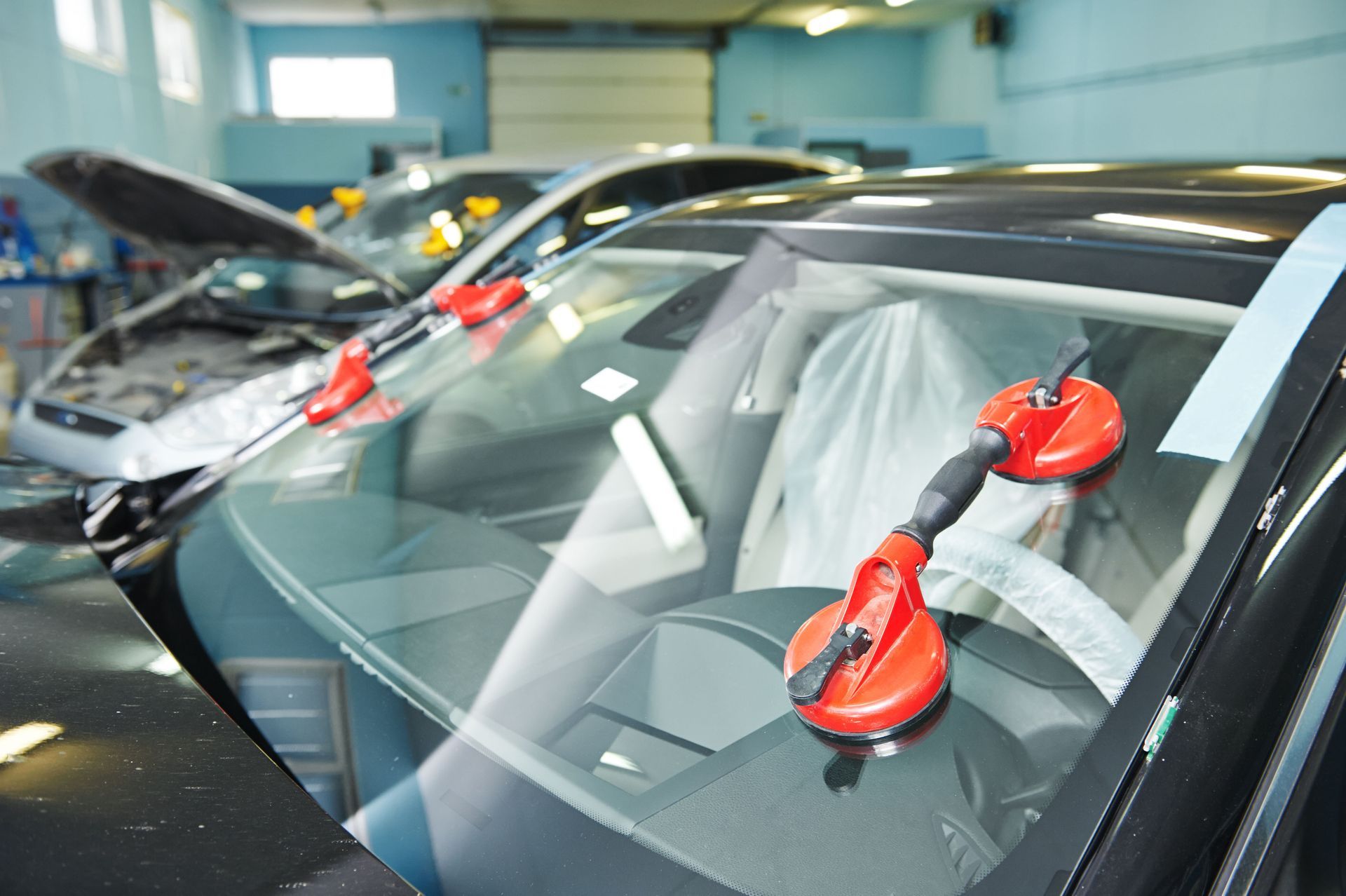
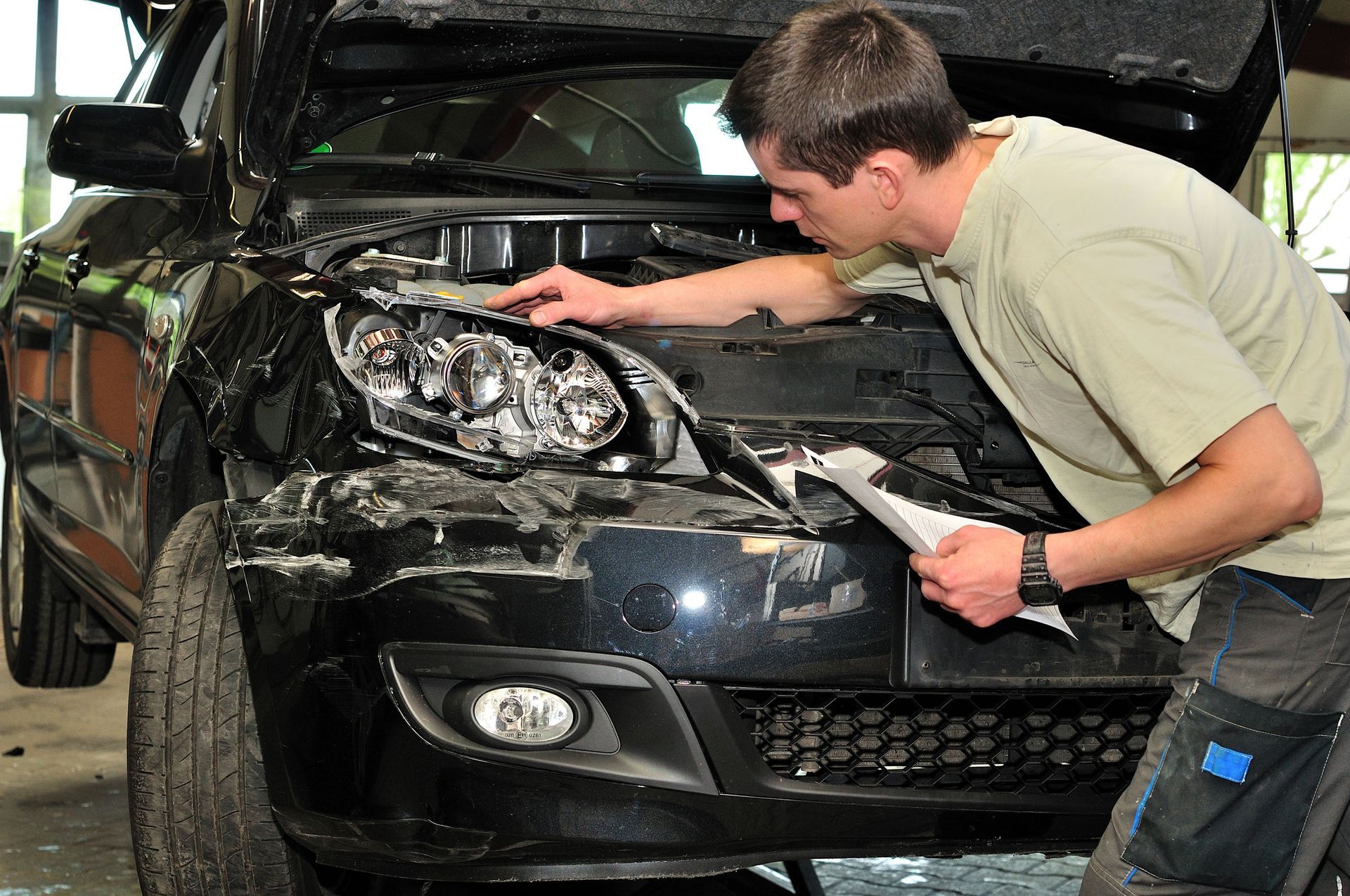
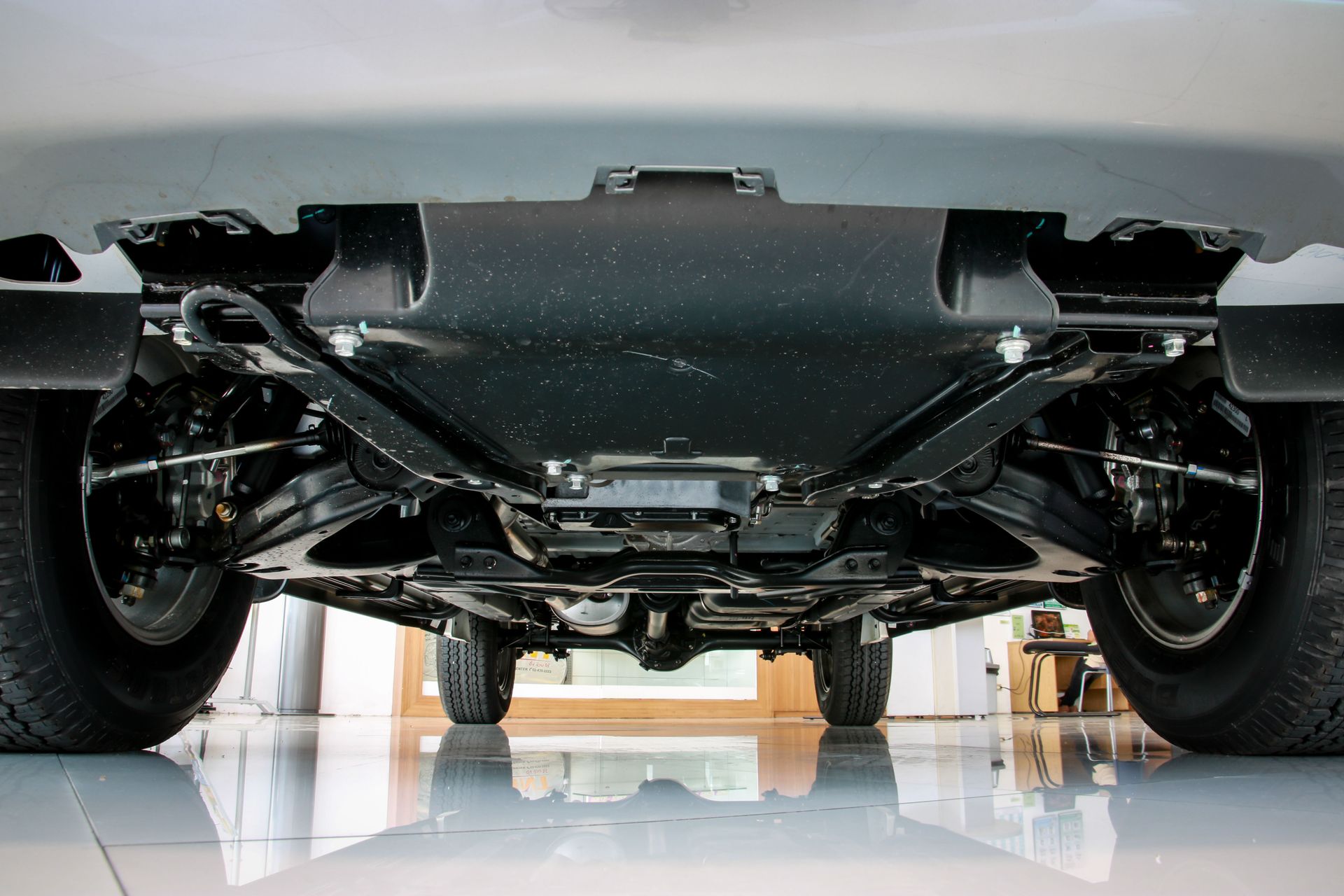
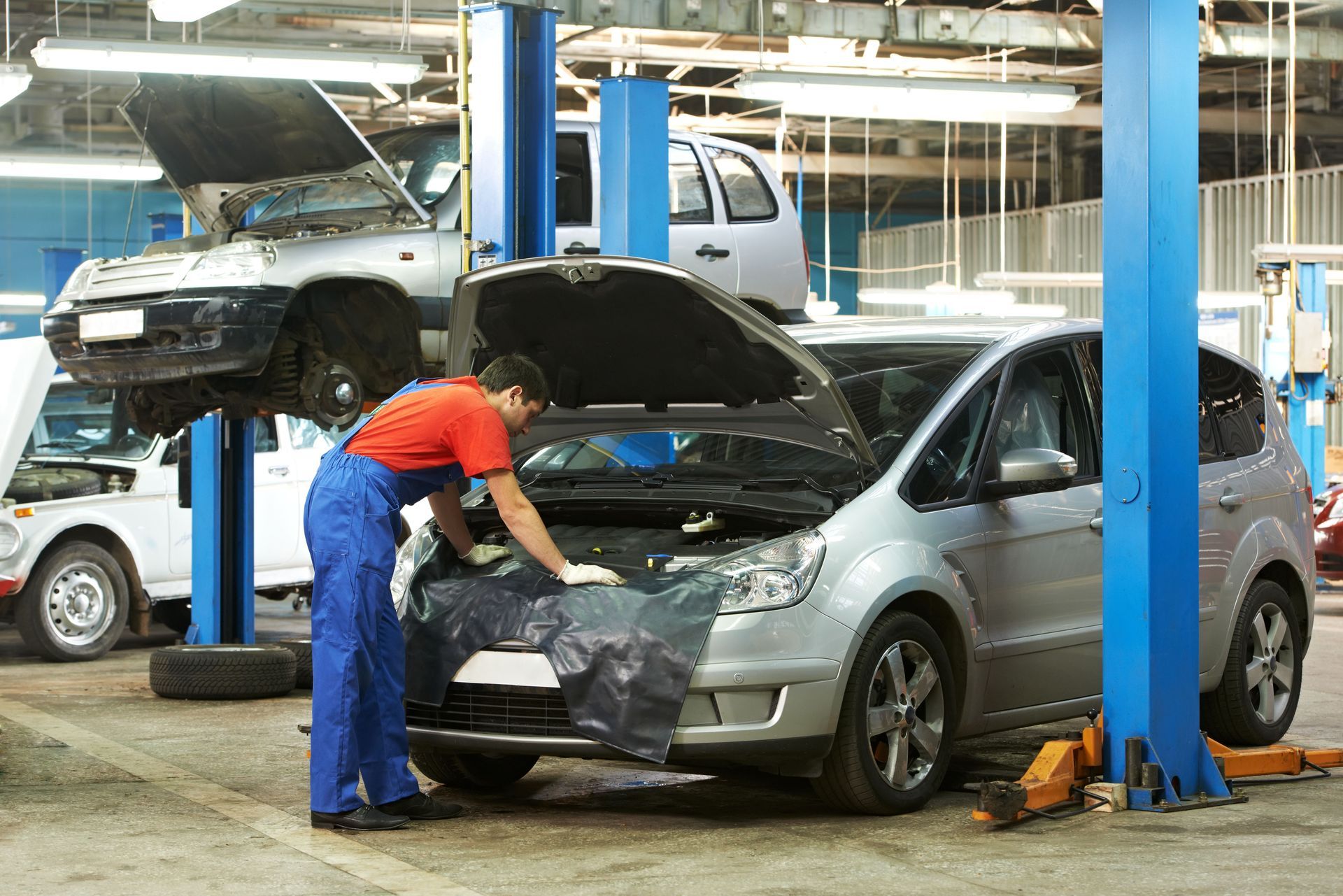
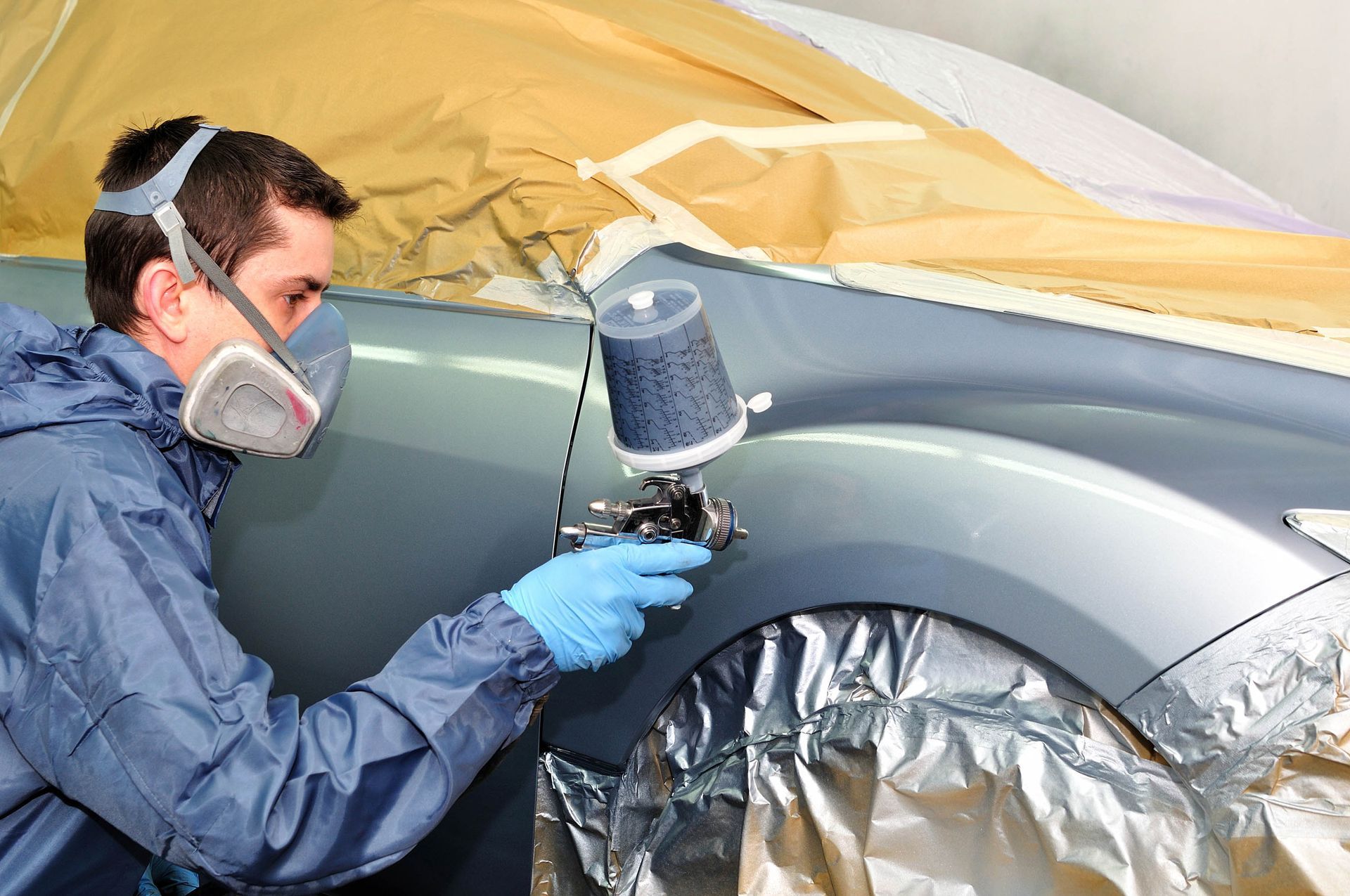
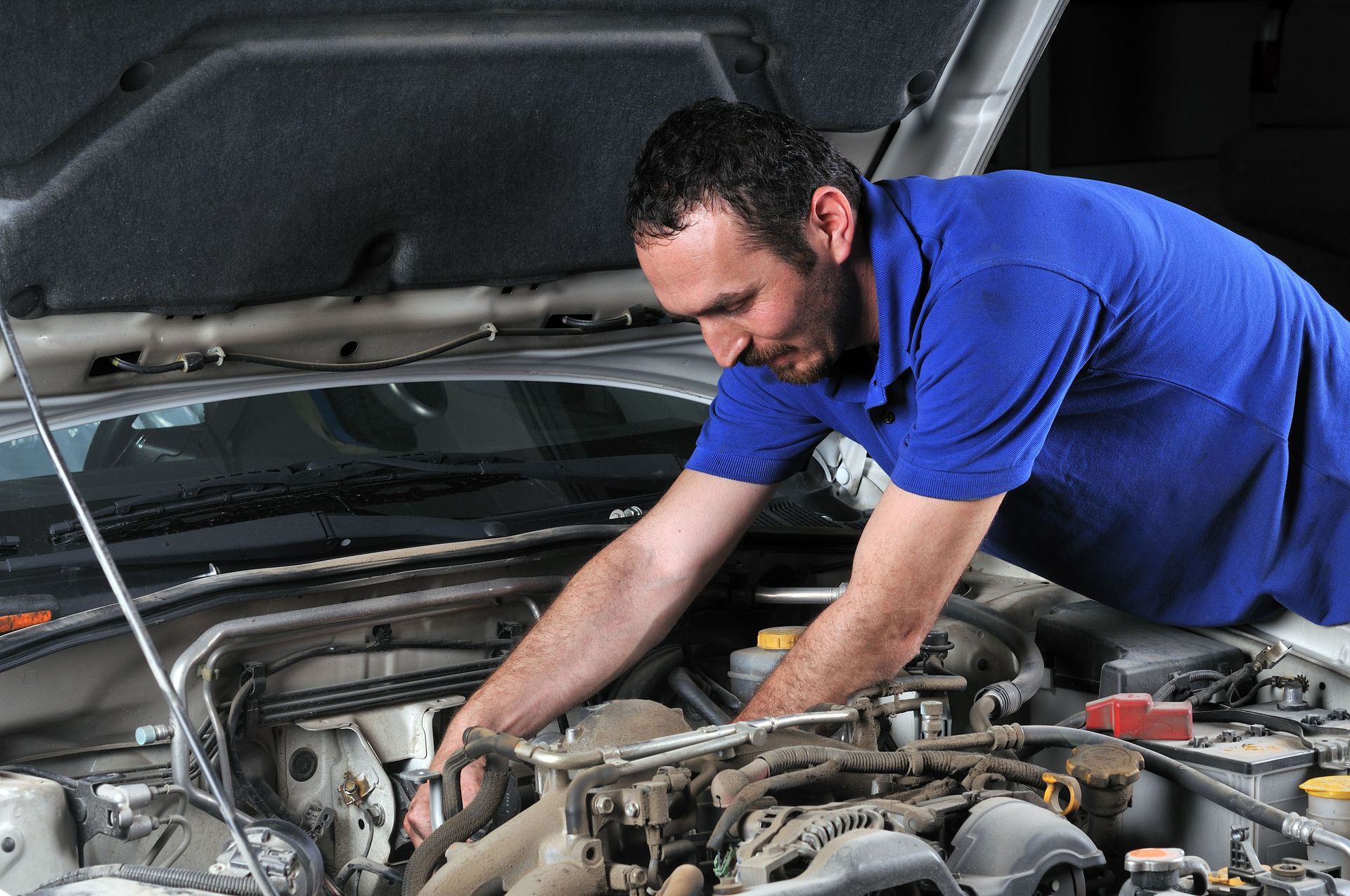
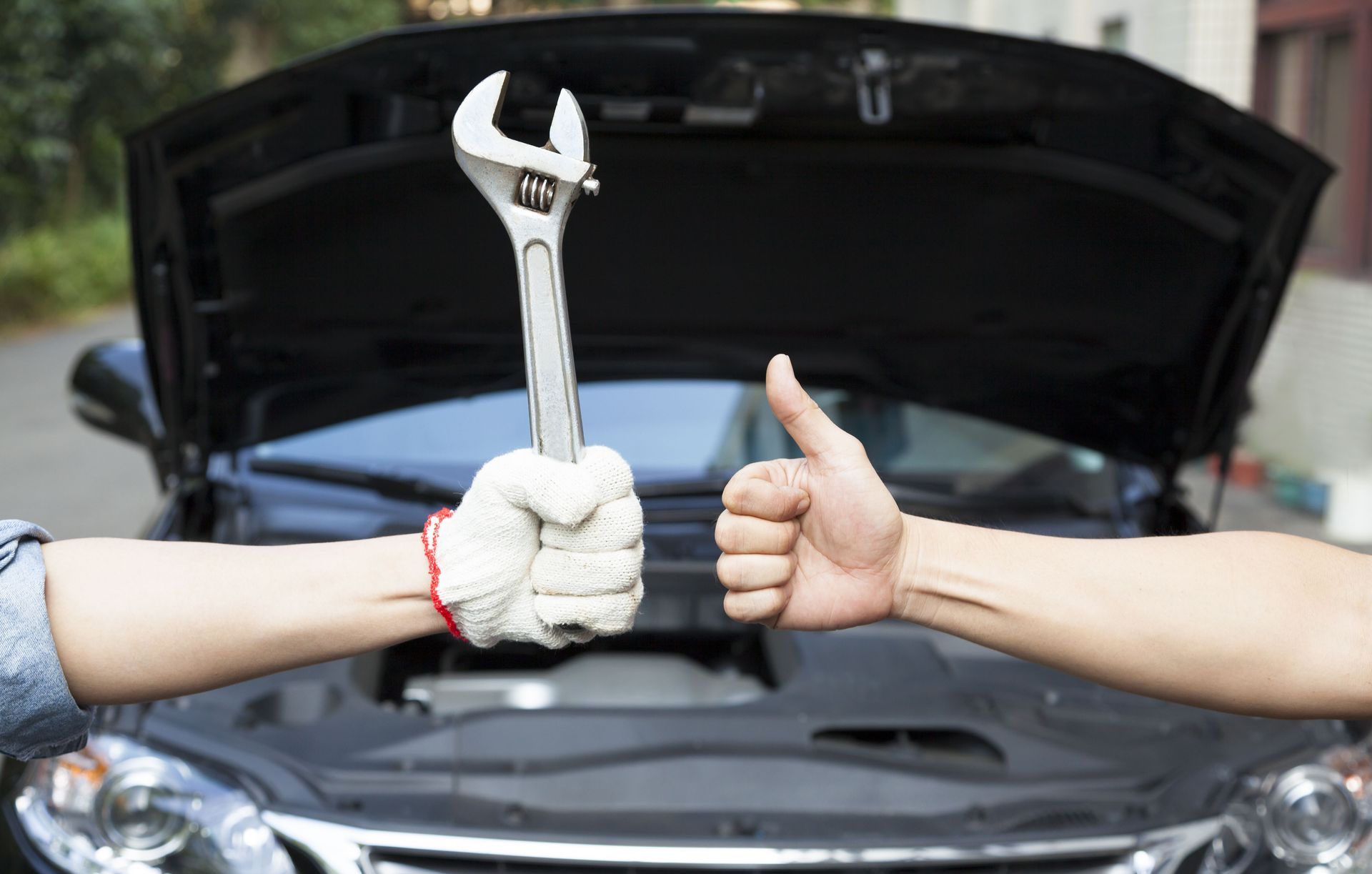

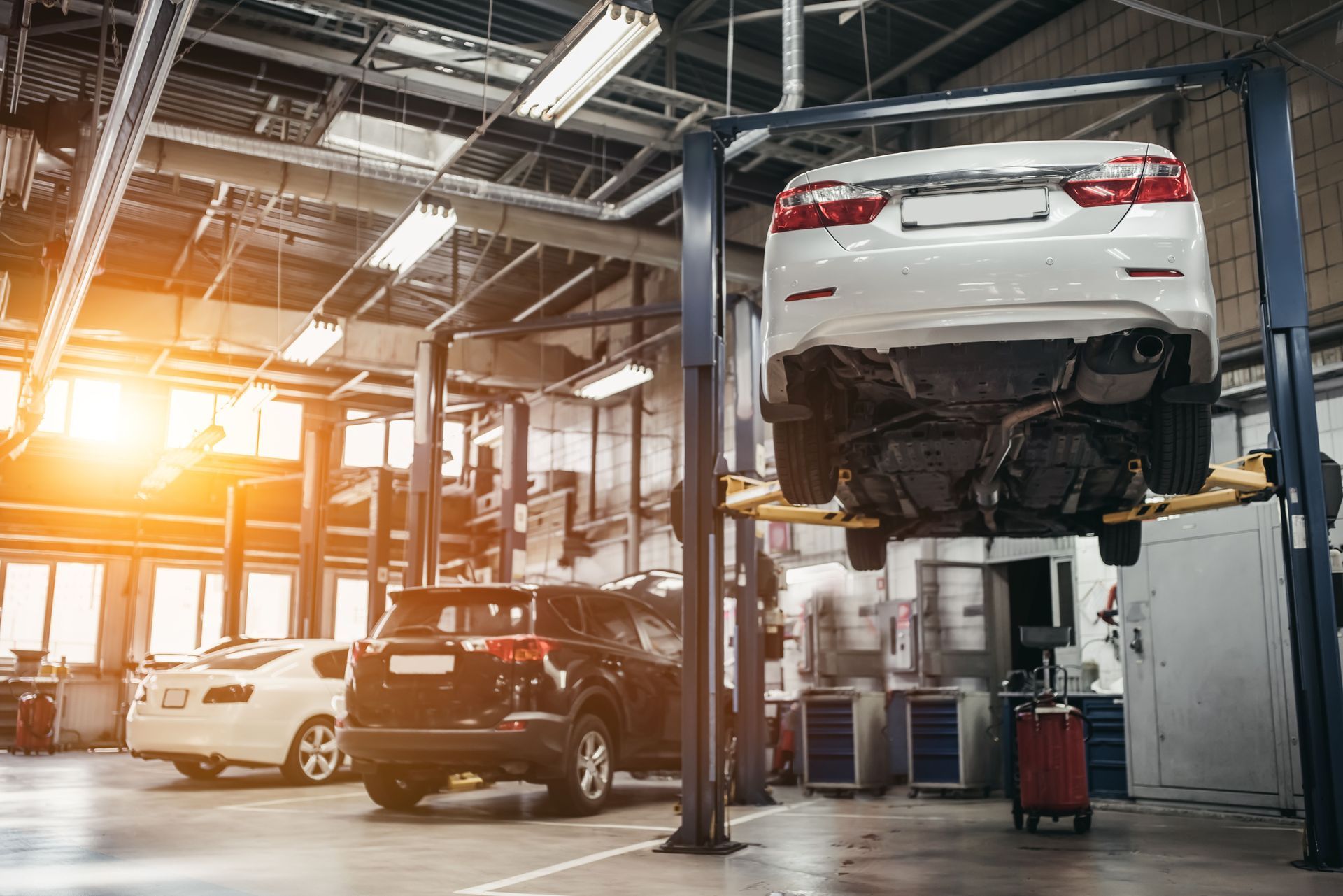
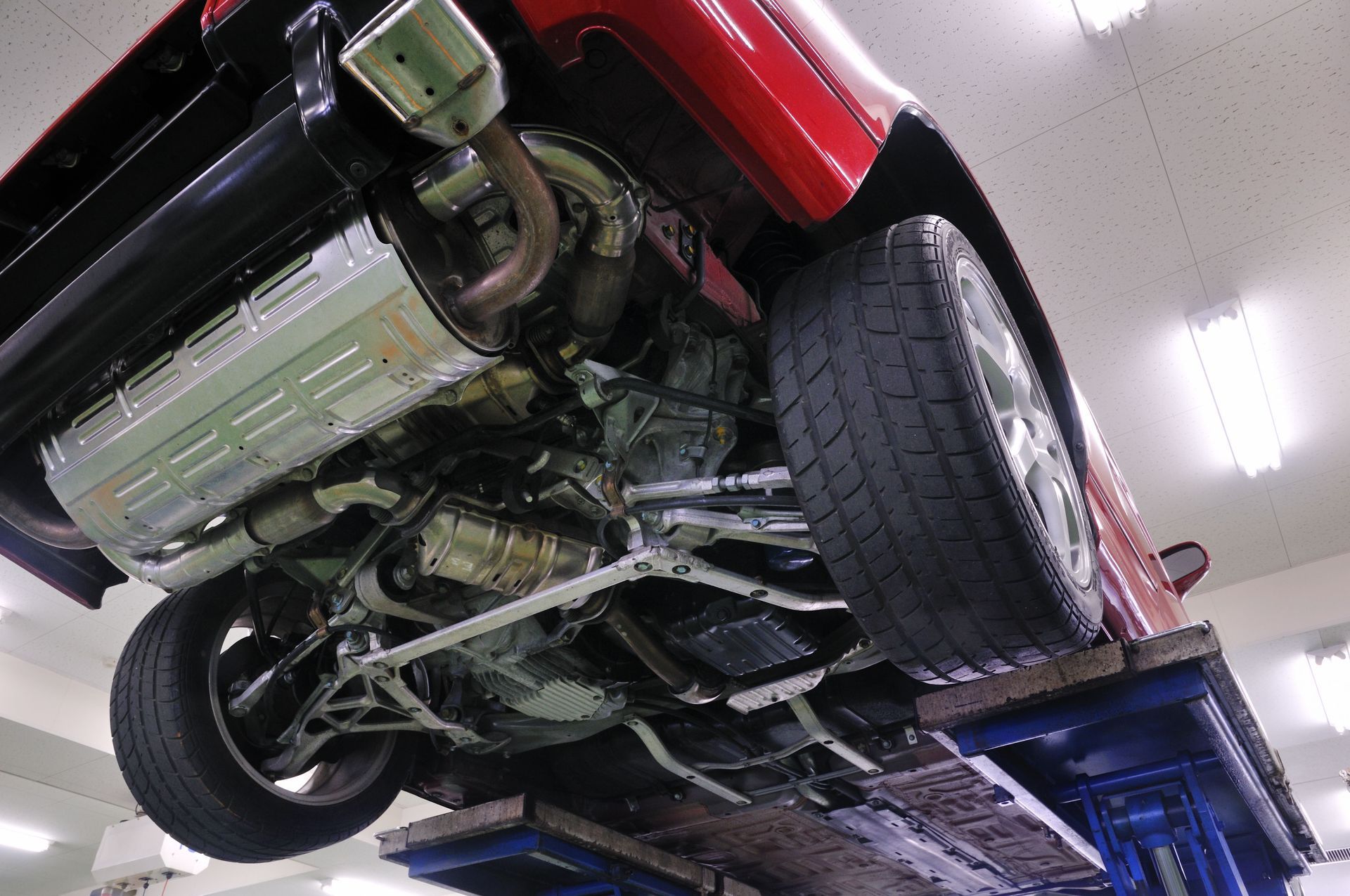
Share On: